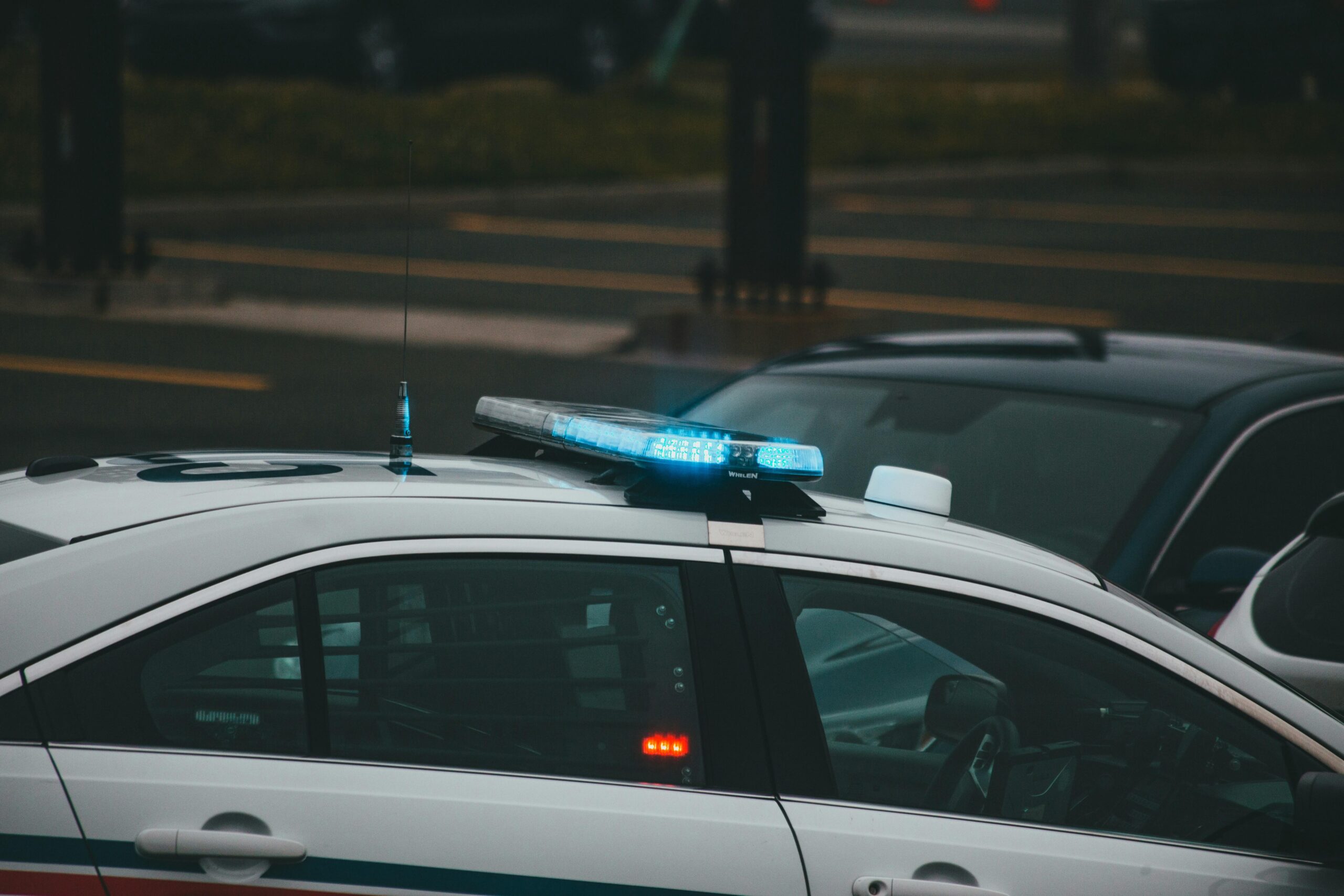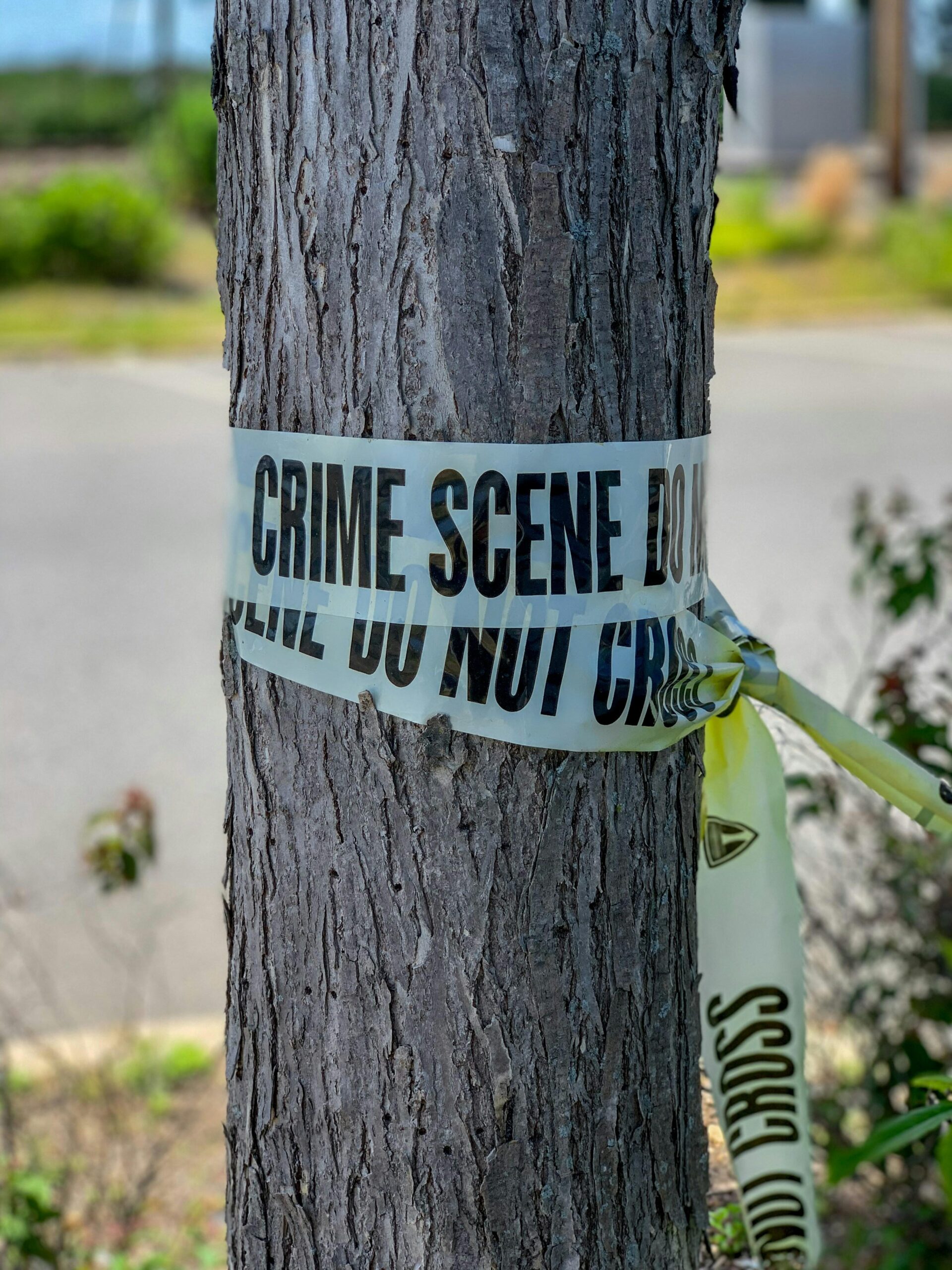Have you ever been pulled over by the police while driving and wondered, “What exactly are my rights and responsibilities in this situation?” Traffic stops can catch us off guard, leaving many questions buzzing in our minds: Can the officer search my car? Do I have to show my license and registration? What should I say—or not say? In this article, we’re peeling back the curtain on traffic stops, exploring what you need to know to stay informed, protect yourself, and handle these encounters with confidence. Let’s dive into the facts that every driver should have at their fingertips.
Table of Contents
- Understanding Your Legal Rights During a Traffic Stop
- What You Should and Shouldn’t Say to the Officer
- How to Safely Comply Without Giving Up Your Rights
- Essential Tips for Handling Traffic Stops with Confidence
- Future Outlook
Understanding Your Legal Rights During a Traffic Stop
When you’re pulled over by law enforcement, it’s essential to grasp the balance between asserting your rights and cooperating respectfully. You have the right to remain silent, meaning you don’t have to answer questions beyond providing your license, registration, and proof of insurance. The officer is allowed to ask basic questions, but you can politely decline to answer anything that feels intrusive or unrelated to the stop. It’s important to remember that you can refuse searches of your vehicle unless the officer has a warrant or probable cause. Staying calm and clear-headed can prevent a minor traffic stop from escalating.
Knowing your rights doesn’t mean disregarding your duties. Here are a few key points to keep in mind during a traffic stop:
- Pull over safely: Use signals and find a well-lit area to stop.
- Stay inside: Unless asked to step out, remain in your vehicle with hands visible.
- Communicate clearly: Inform the officer if you need to reach for documents or move unexpectedly.
- Keep your cool: Avoid sudden movements or aggressive behavior.
By mastering these subtleties, you empower yourself with confidence and clarity during one of the most common but often stressful encounters on the road.
What You Should and Shouldn’t Say to the Officer
When interacting with an officer during a traffic stop, your words carry weight. It’s important to remain respectful and concise. Always provide your license, registration, and proof of insurance when asked—this demonstrates cooperation without volunteering unnecessary information. Avoid admitting guilt or explaining your actions on the spot; phrases like “I wasn’t speeding, but if I was, I’m sorry” can be used against you later. Instead, acknowledge the interaction calmly with neutral responses such as “Yes, officer,” or “I understand.”
On the flip side, there are clear boundaries you should never cross. Don’t argue, raise your voice, or make sudden movements—these can escalate tension quickly. Avoid offering physical documents without being prompted or unnecessarily explaining your whereabouts or destination. Remember, you have the right to remain silent beyond providing identification, so politely decline to answer further questions if you feel uncomfortable. Here’s a quick reminder of what to keep in mind:
- Keep answers brief and factual
- Do not admit fault during the stop
- Politely decline to consent to searches without a warrant
- Maintain a calm and respectful tone
How to Safely Comply Without Giving Up Your Rights
When you’re pulled over by law enforcement, staying calm and respectful can make all the difference—but that doesn’t mean surrendering your rights. It’s important to greet the officer politely and comply with basic requests, such as providing your driver’s license, registration, and proof of insurance. Remember, “compliance” is about cooperation, not concession. Avoid sudden movements and keep your hands visible to minimize any misunderstanding. If you feel unsure about what’s being asked, calmly ask for clarification instead of reacting impulsively.
Knowing what you’re entitled to during a stop empowers you to navigate the situation confidently. You have the right to remain silent beyond providing identification, so use it wisely. Here’s how to assert your rights without escalating the encounter:
- Politely inquire if you are free to leave before answering further questions.
- Decline searches unless the officer has a warrant or probable cause.
- Document the interaction mentally or with your phone if legally permissible.
Balancing respect with awareness ensures you protect your freedoms while helping keep the traffic stop as safe and smooth as possible for everyone involved.
Essential Tips for Handling Traffic Stops with Confidence
When you notice the flashing lights in your rearview mirror, your immediate reaction can set the tone for the entire interaction. Stay calm and signal safely to the side of the road, ensuring you’re visible and off the main traffic flow. Keep your hands visible, preferably on the steering wheel, to demonstrate cooperation and transparency. Remember, officers are trained to assess the situation quickly, so non-threatening body language can de-escalate any tension. Avoid sudden movements and wait patiently for instructions before reaching for your documents; this small bit of patience can prevent misunderstandings and keep things running smoothly.
Understanding your rights is just as crucial as knowing your duties during a stop. You have the right to remain silent and politely decline to consent to a search without a warrant or probable cause. However, it’s important to communicate these boundaries respectfully to avoid escalating the stop. Here are some reminders to carry with you:
- Ask if you are free to leave — this clarifies whether you are being detained.
- Provide requested identification, such as your driver’s license, registration, and proof of insurance.
- Do not argue on the roadside — your concerns can be addressed later in a safer environment.
Future Outlook
As you navigate the roads ahead, understanding your rights and duties during a traffic stop isn’t just empowering—it’s essential. Every encounter with law enforcement carries its own nuances, and being informed can make all the difference. So next time those flashing lights appear in your rearview mirror, remember: knowledge is your best co-pilot. Stay curious, stay prepared, and drive safely!












